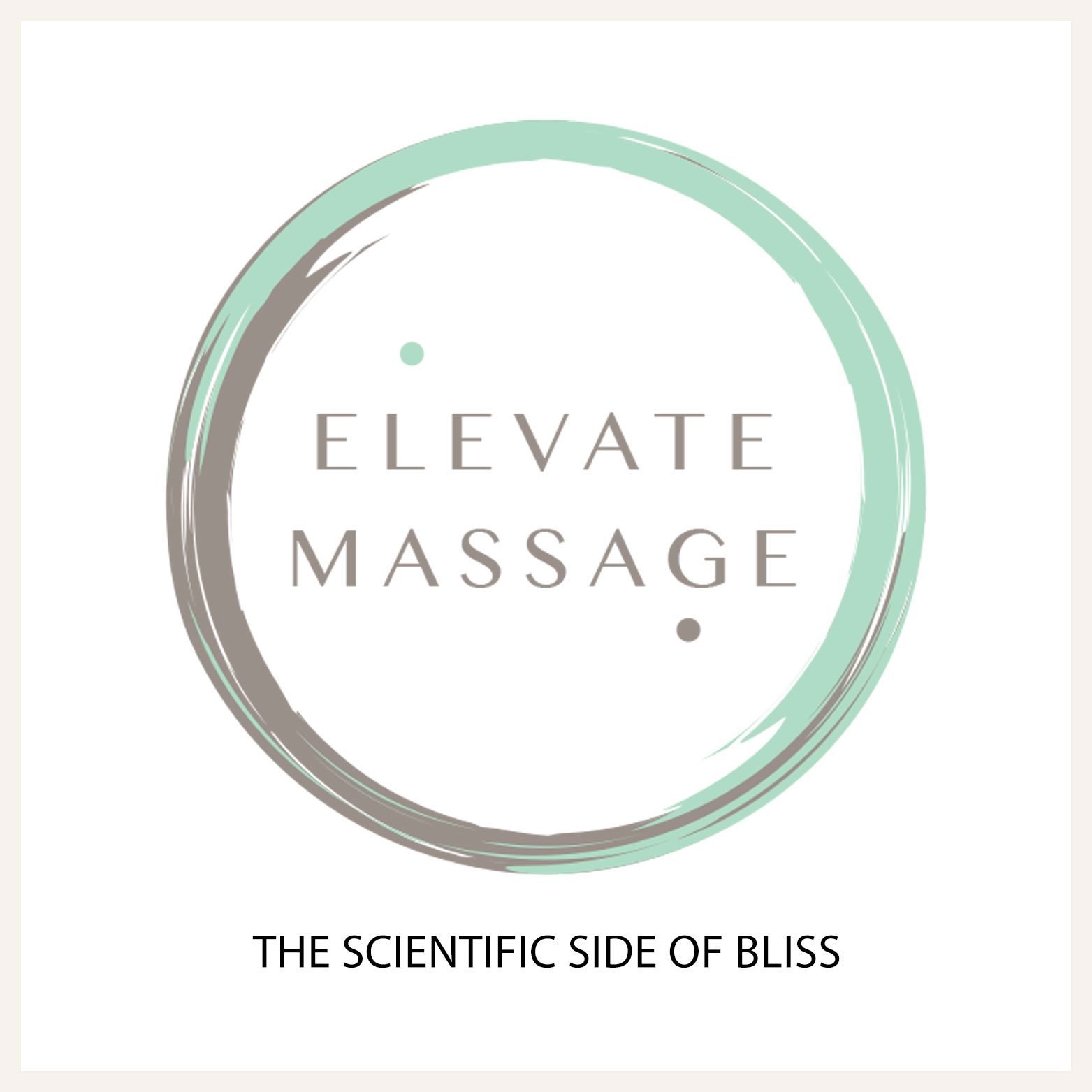Once primarily considered a luxurious means of relaxation, science is now proving that massage therapy yields numerous and tangible health benefits for all.
The therapeutic effects of massage are becoming increasingly recognized by the medical community at large and are broad in their scope, ranging from successfully alleviating chronic pain to reducing anxiety and depression.
An estimated 80 percent of Americans will at some point in their lives experience excruciating physical pain or discomfort. Studies have shown that massage therapy can pick up where other conventional forms of treatment have left off, thus mutually benefitting frustrated patients and doctors alike.
For example, a study found that while drugs commonly used to treat pain such as anti-inflammatories and NSAIDs are effective for reducing inflammation, they may actually hinder corporal healing and create a dependency effect in the user.
Massage therapy, on the other hand, has a two-fold benefit in that it successfully reduces inflammation and alleviates pain while simultaneously promoting extensive healing throughout the body.
Compounds known as cytokines, which play a critical role in inflammation, can be reduced through massage therapy. Regular massage is also proven to enhance cell recovery by encouraging the growth of new energy-producing mitochondria within the skeletal muscle.
Some medical experts even suggest that a professional massage may actually turn out to be a better bargain for hurting patients than simply popping a pill for pain, since traditional drugs simply deal with the symptoms and not the root cause.
Having the body regularly kneaded and threaded benefits people suffering from just about every type of malady:
- Back pain: One of the most common complaints among massage customers, one study showed that massage works better than drugs and acupuncture for long term relief of back pain, reducing dependency on painkillers.
- Headache: Millions of Americans suffer from chronic headaches, and of those sufferers, 60 percent also suffer from migraines. Massage gently helps relieve the pressure brought on by headaches by focusing on tension areas such as the head, neck, and shoulders.
- Stress, anxiety, depression, and insomnia: Massage has the ability to cut cortisol levels in half and increases the level of neurotransmitters that help reduce depression and promote feelings of well-being. It also raises endorphin, serotonin, and dopamine levels for deeper relaxation and sounder sleep.
- Weakened immune system function: Massage therapy naturally increases the number of disease-fighting white blood cells known as T cells and also increases the immune system’s cytotoxic capacity, which strengthens the body’s immune functioning in order to be able to successfully fend off illness.
- Poor blood circulation: The gentle pressure created by massage facilitates current blood flow and also stimulates new blood flow throughout the body, which helps naturally lower high blood pressure and improves overall body functions.
- Limited flexibility and range of motion: Massage can help maintain and even improve flexibility and motion, which helps stimulate the body’s natural lubricants that keep joints fluid and more resistant to injury.
Whatever a massage patient’s particular needs, science is now confirming that massage is a safe and highly effective treatment method for those who have not found relief from more traditional options.

